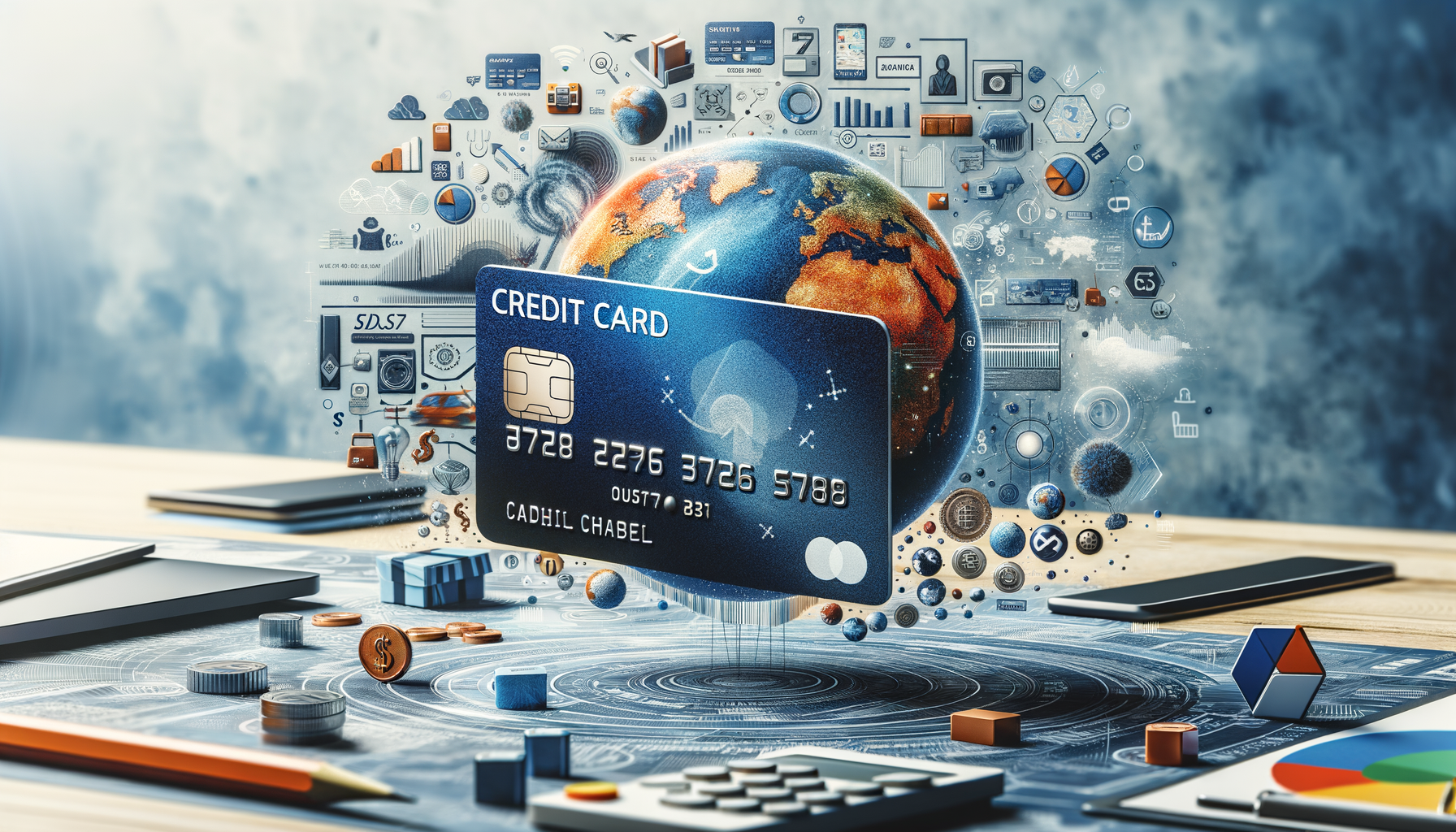Introduction to Credit Cards
In today’s fast-paced world, credit cards have become an indispensable tool for managing finances. They offer a convenient way to make purchases, both online and offline, and can help build a solid credit history when used responsibly. Understanding how credit cards work, their benefits, and potential drawbacks is essential for anyone looking to harness their full potential. This article delves into the intricacies of credit cards, providing insights into their functionality and offering guidance on how to choose the right one for your needs.
How Credit Cards Work
At their core, credit cards are a type of revolving credit. When you use a credit card, you are essentially borrowing money from the card issuer to pay for goods and services. Each month, you’ll receive a statement detailing your transactions, the total amount owed, and the minimum payment required. If you pay off the full balance by the due date, you can avoid interest charges. However, carrying a balance means you’ll incur interest, which can quickly add up.
Credit cards come with various features, including credit limits, interest rates, and fees. The credit limit is the maximum amount you can borrow at any given time, while the interest rate determines how much you’ll pay in interest if you carry a balance. Fees can vary, including annual fees, late payment fees, and foreign transaction fees. Understanding these components is crucial to managing your credit card effectively.
Benefits of Using Credit Cards
Credit cards offer numerous advantages, making them a popular choice for many consumers. One of the primary benefits is convenience. With a credit card, you can make purchases without carrying cash, and many cards are accepted worldwide. Additionally, credit cards can provide a financial safety net in emergencies, allowing you to cover unexpected expenses.
Another significant advantage is the opportunity to build credit. By using a credit card responsibly—paying bills on time and maintaining a low balance—you can improve your credit score, which is crucial for obtaining loans and favorable interest rates in the future. Many credit cards also offer rewards programs, such as cashback, points, or travel miles, providing added value for your spending.
Potential Drawbacks and Risks
While credit cards offer many benefits, they also come with potential risks. One of the most significant risks is the possibility of accruing debt. If not managed carefully, it’s easy to overspend and accumulate a balance that becomes difficult to pay off. High-interest rates can exacerbate this issue, leading to a cycle of debt that can be challenging to escape.
Credit cards can also impact your credit score negatively if not used responsibly. Late payments, high balances, or maxing out your credit limit can all harm your credit score, making it harder to obtain loans or secure favorable terms in the future. It’s essential to understand these risks and take steps to mitigate them, such as setting a budget and monitoring your spending closely.
Choosing the Right Credit Card
With a plethora of credit cards available, selecting the right one can be daunting. It’s important to consider your financial habits and goals when choosing a credit card. For instance, if you travel frequently, a card with travel rewards or no foreign transaction fees might be ideal. Alternatively, if you’re looking to build credit, a card with a low-interest rate and no annual fee could be more suitable.
When evaluating credit cards, pay attention to the terms and conditions, including interest rates, fees, and rewards programs. Compare different options and read reviews to find a card that aligns with your needs. Remember, the right credit card can be a powerful tool in managing your finances effectively.
Conclusion: Navigating the World of Credit Cards
Credit cards are a valuable financial tool that, when used wisely, can offer significant benefits. From convenience and rewards to building credit, they provide numerous advantages. However, it’s crucial to be aware of the potential risks and manage your credit card use responsibly. By understanding how credit cards work and choosing the right one for your needs, you can make informed decisions that enhance your financial well-being.




Leave a Reply